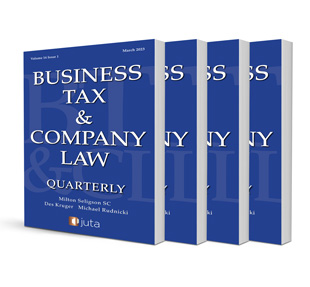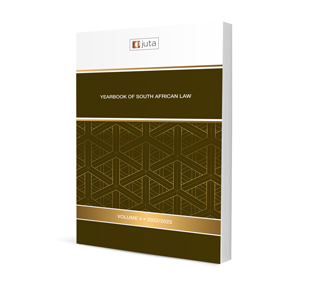Circular Cash Flows: A Primer

Circular Cash Flows: A Primer
Author: Ed Liptak
ISSN: 2219-1585
Affiliations: Independent Consultant
Source: Business Tax & Company Law Quarterly, Volume 15 Issue 2, 2024, p. 15 – 23
Abstract
Tax shelter schemes based upon circular cash flows presented a significant problem when the current general anti-avoidance rule (‘GAAR’) was enacted in 2006. It was hoped that by including a non-exclusive list of the most common characteristics of these schemes in the GAAR itself it would give the South African Revenue Service (‘SARS‘) the tools to identify and stop these arrangements and, more importantly, to deter taxpayers from entering into them in the first place. Unfortunately, experience has shown that practitioners and commentators — and even SARS from time to time — continue to overlook or ignore the telltale signs of circular cash flows. This article is intended to be a primer on that score.
